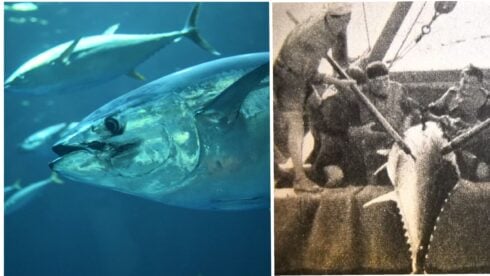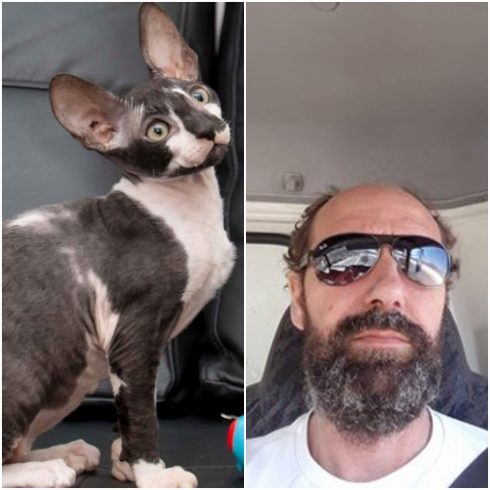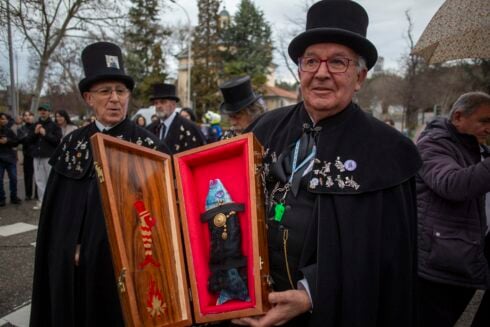ONE of the most enjoyable parts of learning Spanish – or any language – is getting to grips with its many curses and swear words.
Not a day goes by in my multi-lingual office where I don’t hear a ‘coño’ (c*nt) or an ‘hijo de puta’ (son of a bitch).
And if you’re attempting to learn Spanish in Andalucia like I am, you’ll also be aware that such profanity is in no way limited to a feisty chat over the photocopier.
Many-a-Malagueño, including the elderly, can be heard shouting ‘picha’ (penis) to a pal in the street or casually uttering ‘joder’ – meaning f*ck – at the slightest nuisance.
However, aside from the obvious effing and jeffing, there are some amazing and more nuanced everyday phrases that you should add to your vocabulary if you want to speak like a true Spaniard.

Curiously, many of these involve milk.
First up is the crude idiom, ‘me cago en la leche’, which literally translates as ‘I shit in the milk’.
This expression should be used in moments of anger or frustration, like when you drop a bottle of milk.
Another creamy catchphrase, ‘ser la leche’ means ‘to be the milk’ and is often employed to describe how cool something or someone is.
In the description of a person, you can say ‘se cree la leche’, which means something closer to ‘he thinks he’s it’.

‘Tener mala leche’ or ‘to have bad milk’ is one of the best milk-based phrases, as it describes being grumpy or ill-tempered.
However, as with many phrases there is contradiction, as it can also mean to have bad luck.
Dairy aside, another favourite of mine is ‘tocar los cojones’, a hotly debated saying that contains one of Spain’s several words for testicles – others include huevos and pelotas.
Stick the phrase into Google Translate and you get ‘touch the balls’.
To touch somebody’s balls doesn’t have an exact equivalent in English, but means somewhere in between ‘to annoy someone’ and to ‘take the piss’.
Do not forget cojones, as the word can also be used in the phrases ‘tener cojones’ (to be brave) and ‘écharle cojones’ (to challenge someone).
Finally, another word I picked up recently is ‘malafollá’, literally translating to something like ‘bad fuck’.
This word is very specific however and should be used to describe an encounter with a Granaino – a person from Granada.
It kind of means moody, but it is more like short or abrupt, although the person still has a sense of humour.
I bore witness to this in Granada while ordering a beer, which came with a free tapa, from a stony-faced waitress who had the hint of a smile – kind of like the Mona Lisa.
Next time I will discuss ‘false friends’ – words in English and Spanish that sound the same, but have different meanings.
Click here to read more La Cultura News from The Olive Press.








